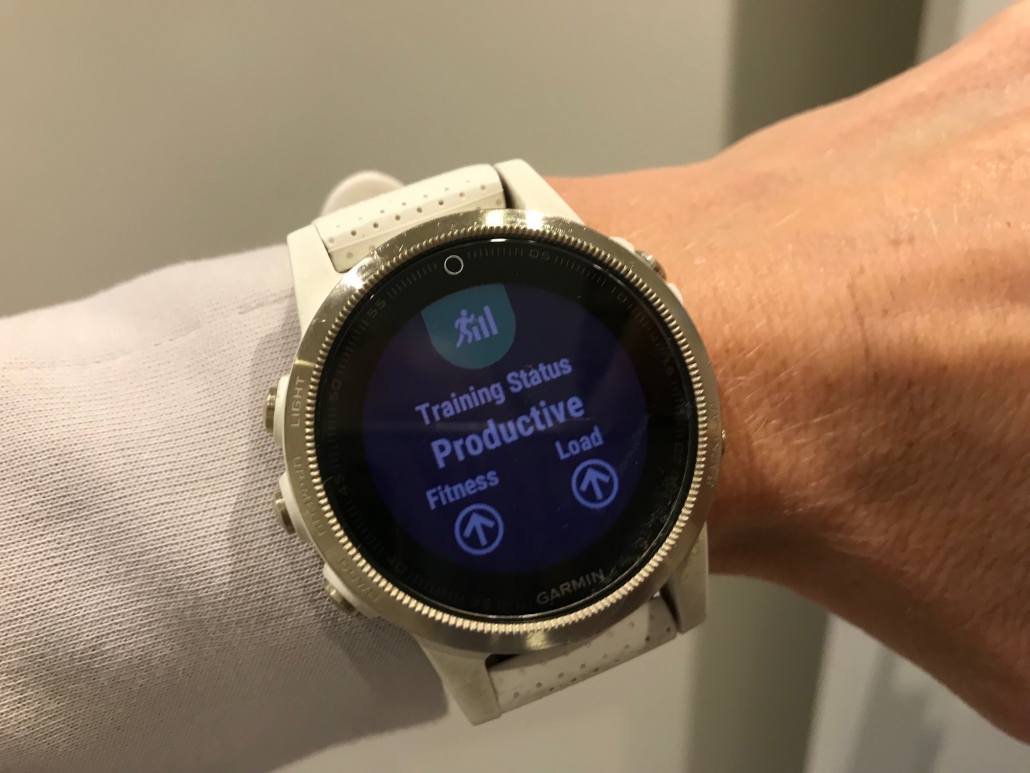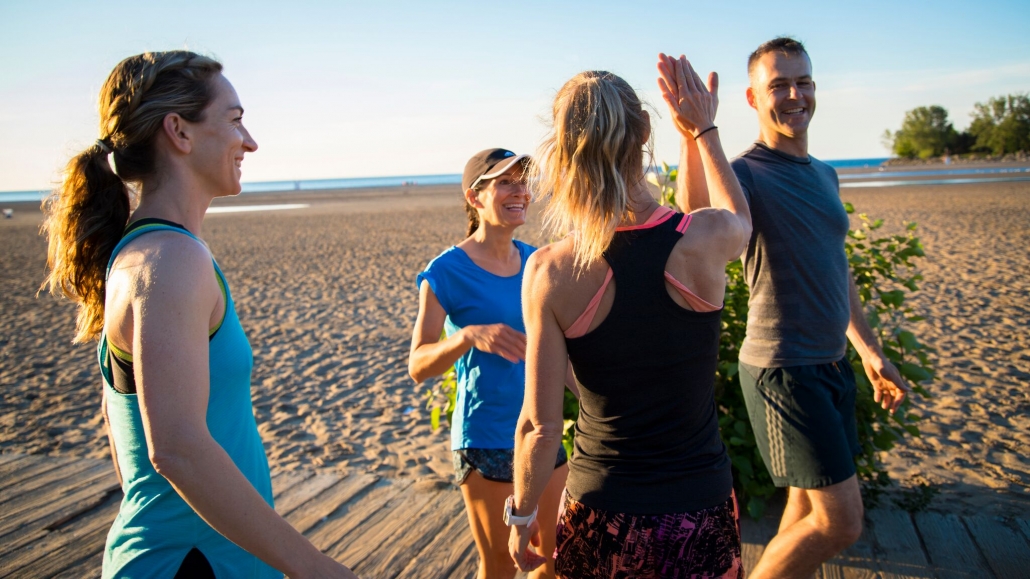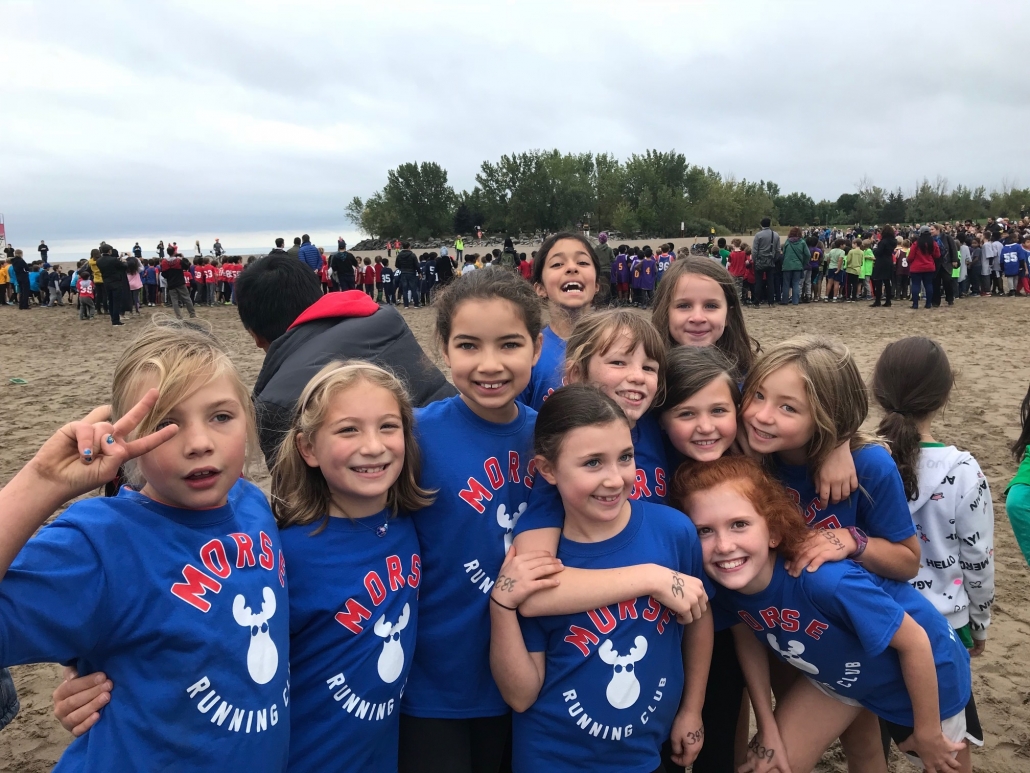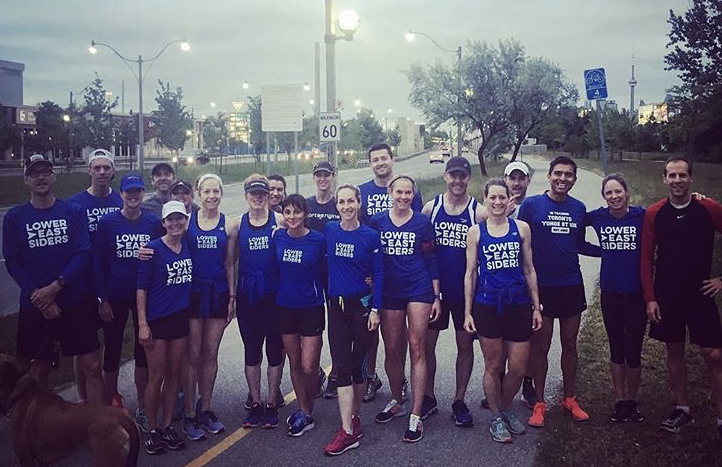Is coaching in danger of becoming obsolete?
I’ve just finished reading a very interesting book evaluating some potential trajectories of where our species could be headed: Homo Deus by Yuval Noah Harari. There were many eye opening insights for me in this book. One of them was how quickly artificial intelligence is advancing and how it is very likely that in the not-too-distant future very very many jobs will be performed by robots and algorithms. The author made the point that human beings are a dominant species because of superior data processing skills but we will soon be surpassed in all areas on this feat by computers. Being able to take in all the variables and come up with the best solution, whether it’s buying/selling stocks, investing a company’s marketing dollars, making an informed legal decision, deciding what medical treatment someone needs, will be way more efficiently done by an algorithm. That means that all the soft skill jobs which surround these positions (managers, assistants, directors) will also become obsolete.
This got me thinking a lot about coaching (specifically for athletic pursuits.) It seems obvious that this could be one of the first roles to become obsolete – and for some it already has. We have watches which track our heart rate, power output, sleep, nutrition and our related performances. We have websites which can provide us with advanced technical training schedules and advice. As these devices become more sophisticated and personalized it is not unreasonable to see a future where all performance athletes are “coached” by an algorithm specific to their physical and genetic make-up as it relates to their goals. Based on my current resting heart rate, hormone levels, performance history and the time of day, I should do hill repeats today if I want to race my fastest 10K in three weeks. But you should do weights to maximize your training value. And our other training buddy should do an easy run with some pick-ups.

Kudos from my watch.
It sounds like the perfect system. But there is something missing there. I am a running coach and I have been coached by various different people over the years. I’ve also been a competitive runner for long enough to pretty much know what I need to do in order to reach my goals (close to 30 years if you must know.) The biggest value that my coaches have offered me is not my precise technical training plan, but their human-ness. By this I mean, I’ve benefitted by just having someone – a person – in my corner. When I’m in the middle of a race, I would much rather look up and see my coach than look down and read my watch. It motivates me differently. It’s the same thing after a race: I want to tell my coach how I did because he or she was invested in me and that matters. They care. My watch buzzing “you reached you goal!” feels a bit hollow.
The problem, as I’ve discovered with my own coaching, is that providing this level of service has a numbers cap. Really caring about someone takes a fair amount of time and energy. It is immensely rewarding, but it is not simple. It can’t be replaced by an algorithm which is “applicable to all.” Finding a good coach who cares about you might get you similar results to a plan off the internet, but it is worth so so much more. When you share a problem, worry or defeat with another human, it literally takes the weight off you. When you share a success or joy with someone who cares, it amplifies it. I don’t know if the smartest brains in Silicone Valley can come up with an algorithm that can replicate that.
Maybe this will be our future. As our jobs are all replaced by robots and artificial intelligence we’ll all start investing our time in personal growth, development and athletic goals. And the workforce will be made up of the human coaches who help us get there.

Coaching some people I care about.
















